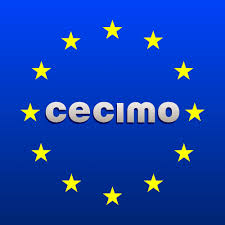We would like to inform you that after a period of intense negotiations, the negotiators of the Council and the European Parliament have finally reached a provisional and conditional agreement on the Carbon Border Adjustment Mechanism (CBAM). The CBAM aims to level the playing field between EU and third-country producers by putting a carbon price on certain imported products, while phasing out free allocation of emissions allowances to European industry. This is a first of its kind mechanism designed to be in full compliance with World Trade Organisation (WTO).
The agreement will need to be confirmed by the ambassadors of EU member States and by the European Parliament before it is finalized, also depending on an agreement on the reform of the EU Emissions Trading System (ETS).
Under the current provisional agreement, CBAM will begin to operate from October 2023 onwards, with a transition period where the obligations of the importer shall be limited to reporting only. In order to avoid a double protection of EU industries, the length of the transition period and the full phase in of the CBAM will be linked to the phasing out of the free allowances under the current ETS.
With regards to the products and sectors that would fall within the scope of the new rules, CBAM will initially focus on the most carbon-intensive sectors including but not limited to iron and steel, cement, fertilizers, aluminum and hydrogen, among others. Before the end of the transition period, by the end of 2027, the Commission will do a complete review of CBAM including an assessment on whether to extend the scope to other goods at risk of carbon leakage, including organic chemicals and polymers, with the goal to include all goods covered by the ETS by 2030.
CECIMO will continue monitoring all the latest policy developments regarding the CBAM. In case you have any questions on this matter please do not hesitate to contact Stefano Ramundo Orlando directly at [email protected]

